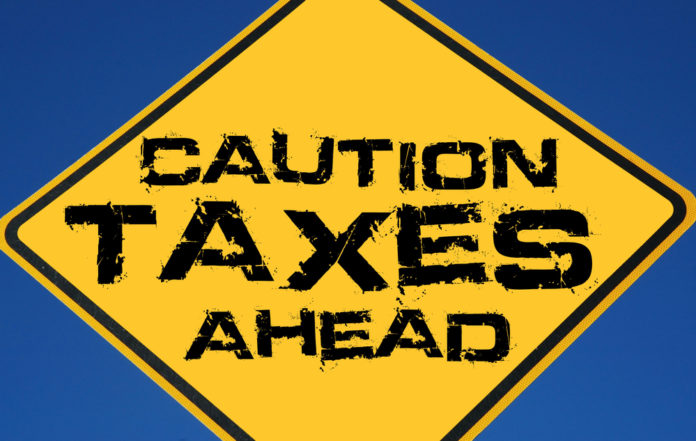Tax rates on recreational marijuana in California could be high enough to keep the black market around.
California recreational marijuana sales are set to begin in January, but high tax rates could jeopardize its success. With state and local taxes on consumer sales, growers, dispensaries, tax rates could balloon up to 45 percent in some areas.
“High effective tax rates on California cannabis may complicate the state’s efforts to establish legal markets” analysts Stephen Walsh and Karen Ribble in a Fitch Ratings report.
Customers can expect to pay 22.45-24.25 percent in sales tax depending on the locality. This will include a state excise tax of 15 percent and local taxes ranging from 7.25 percent to 9.25 percent. Shops will have to pay a tax rate of 1-20 percent of gross receipts or $1-$50 per square foot of marijuana plants. Growers will $9.25 per ounce of flower, and $2.75 per ounce of leaves.
Analysts are worried that the high rates can keep the black market thriving.
“California’s black markets for cannabis were well established long before its voters legalized cannabis in November 2016 and are expected to dominate post-legalization production.”
Washington, at 50 percent, is the only state with a higher tax rate for the marijuana industry than the projected California rate. Colorado and Nevada have rates of 36 percent while Alaska and Oregon’s rates are 20 percent.
The black market for marijuana in California has had decades to thrive. Growers looking to enter the market may not be willing or able to pay the high upfront costs for licensing to join the legal industry. With a black market as established as California’s, customers could potentially have viable (although illegal) alternatives to buying at dispensaries if the taxes are too high.
“If taxes increase the price of cannabis beyond a certain point, the legal market becomes less competitive than the illicit market and then consumers become less likely to make the transition from the illicit market to the legal market,” said John Kagia, analyst for New Frontier Data, a firm that analyzes the marijuana industry.










